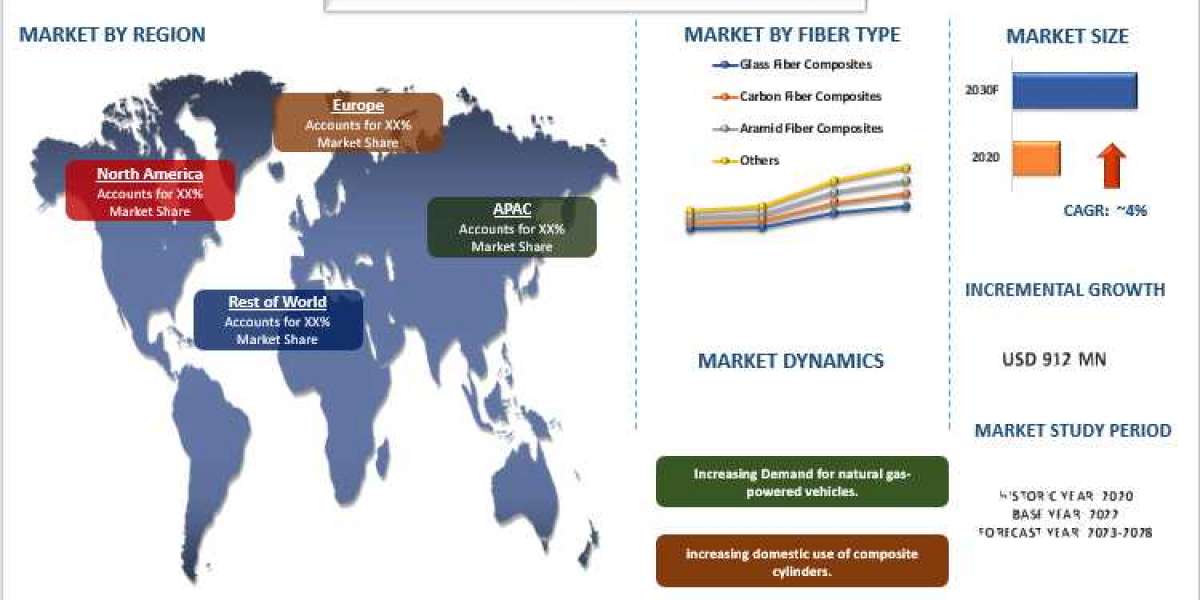The healthcare industry is undergoing a transformative journey into the digital realm. One of the most promising developments within this sector is the integration of deep learning, a subset of artificial intelligence (AI), into healthcare solutions. This article explores the boundless opportunities presented by deep learning in the context of smart healthcare. We'll delve into the impact of digital healthcare and how deep learning is revolutionizing healthcare solutions, all while keeping an eye on the keywords "Digital Healthcare" and "Healthcare Solutions" to ensure SEO-friendliness and readability.
The Digital Healthcare Revolution
Digital Healthcare Defined
Digital healthcare, often referred to as eHealth or Health IT, represents the convergence of technology and healthcare. It encompasses a wide array of innovations, including electronic health records (EHRs), telemedicine, wearable health devices, and healthcare software solutions. This digital revolution has brought about fundamental changes in healthcare delivery, patient care, and administrative processes.
The Role of Deep Learning in Digital Healthcare
Understanding Deep Learning
Deep learning is a subset of machine learning and AI that focuses on training artificial neural networks to perform tasks that require human-like intelligence. It involves the use of deep neural networks with multiple layers to process and analyze vast datasets.
Applications in Healthcare
Deep learning has found its place in the healthcare industry due to its ability to process and analyze complex medical data. Some key applications include:
- Disease Detection: Deep learning models can analyze medical images, such as X-rays and MRIs, to detect diseases like cancer and heart conditions with remarkable accuracy.
- Predictive Analytics: Deep learning algorithms can predict patient outcomes, enabling early intervention and personalized treatment plans.
- Natural Language Processing (NLP): NLP models can extract valuable insights from unstructured clinical notes, improving decision-making and research.
- Drug Discovery: Deep learning expedites drug discovery by simulating molecular interactions and predicting potential drug candidates.
Opportunities and Benefits of Deep Learning in Healthcare
Improved Diagnosis and Treatment
Deep learning models enhance the accuracy and speed of medical diagnosis. They analyze medical images, identifying subtle abnormalities that might be missed by human eyes. This not only leads to earlier diagnoses but also allows for personalized treatment plans based on patient-specific data.
Predictive Healthcare
Deep learning enables predictive analytics, helping healthcare providers anticipate disease outbreaks, patient readmissions, and treatment responses. This proactive approach results in better resource allocation and patient care.
Drug Discovery and Development
The pharmaceutical industry benefits immensely from deep learning, as it accelerates the drug discovery process. Deep learning models can simulate drug interactions, predict potential side effects, and identify promising drug candidates, saving time and resources.
Enhanced Healthcare Access
Telemedicine platforms, powered by deep learning, extend healthcare access to remote and underserved areas. Patients can receive consultations, diagnoses, and treatment recommendations from the comfort of their homes.
Challenges and Considerations
Data Privacy and Security
With the integration of deep learning comes the need for robust data privacy and security measures. Protecting patient data from unauthorized access and breaches is paramount. Compliance with healthcare regulations such as HIPAA is crucial.
Integration with Existing Systems
Integrating deep learning solutions into existing healthcare systems can be challenging. Ensuring seamless interoperability and data exchange is vital to maximize the benefits of these technologies.
Ethical Concerns
As deep learning becomes more integrated into healthcare decision-making, ethical considerations regarding transparency, bias, and decision accountability must be addressed.
The Future of Deep Learning in Healthcare
AI-Powered Diagnostics
We can expect even greater accuracy and speed in disease diagnosis as deep learning models continue to evolve. AI-powered diagnostics will likely become a standard practice in healthcare.
Personalized Medicine
Deep learning will enable the tailoring of treatment plans to individual patients, taking into account genetic, environmental, and lifestyle factors. This shift toward personalized medicine promises improved patient outcomes.
Population Health Management
Healthcare organizations will utilize deep learning to analyze population health data, identifying trends and health disparities. This knowledge will inform public health initiatives and resource allocation.
Conclusion
The integration of deep learning into digital healthcare solutions ushers in a new era of smart healthcare. With its ability to process vast amounts of medical data, make accurate predictions, and enhance diagnostics, deep learning is revolutionizing the healthcare industry. However, it also poses challenges related to data privacy, integration, and ethics.
As we embrace the opportunities presented by deep learning in healthcare, it is crucial to prioritize patient privacy, promote ethical AI practices, and ensure seamless integration with existing healthcare systems. The future of healthcare is undeniably smarter, more efficient, and patient-centric, thanks to the transformative power of deep learning.








